If you've ever cooked a meal in your kitchen, chances are you've encountered greasy walls. Oil splatters, steam, and cooking fumes can all contribute to a buildup of grease on your kitchen walls. Not only is this unsightly, but it can also attract dust and grime, making your kitchen look even dirtier. But fear not, with the right cleaning techniques and products, you can easily remove grease from your kitchen walls and keep them looking sparkling clean. Here are 10 tips for cleaning greasy kitchen walls.How to Clean Greasy Kitchen Walls
Before you start cleaning, it's important to take some precautions to make the process easier. First, make sure to protect your floors and countertops with towels or drop cloths. Grease can easily drip and splatter, so it's best to cover any surfaces you don't want to get dirty. Next, gather all the necessary cleaning supplies, including a degreasing cleaner, sponges or scrub brushes, and a bucket of warm water. Now, let's dive into the tips for removing grease from kitchen walls.5 Tips for Removing Grease from Kitchen Walls
If you prefer to use natural cleaners, you can easily make your own grease-cutting solution at home. Mix equal parts of white vinegar and warm water in a spray bottle and add a few drops of dish soap. Shake well and spray the solution onto your greasy walls. Let it sit for a few minutes before wiping it off with a clean sponge. The acidity of the vinegar helps to dissolve the grease while the dish soap breaks it down.DIY Grease-Cutting Kitchen Wall Cleaner
There are plenty of commercial cleaners available specifically designed to cut through grease and grime. Look for products that contain degreasers like citrus or ammonia, which are powerful solvents that can break down grease molecules. Spray the cleaner onto your walls and let it sit for a few minutes before wiping it off with a damp cloth or sponge. For tougher stains, you may need to use a scrub brush to loosen the grease.Best Products for Cleaning Greasy Kitchen Walls
The best way to deal with grease on your kitchen walls is to prevent it from accumulating in the first place. One way to do this is to regularly wipe down your walls with warm, soapy water. This will help to remove any splatters and grease before it has a chance to build up. Another tip is to use a splatter guard when cooking to prevent oil from getting on your walls. And of course, make sure to clean up any spills or splatters as soon as they happen.How to Prevent Grease Buildup on Kitchen Walls
If you prefer to use all-natural methods for cleaning, there are a few options that can be just as effective as commercial cleaners. For example, baking soda is a powerful abrasive that can help to scrub away grease. Simply mix it with a little bit of water to form a paste and use it to scrub your walls. You can also use lemon juice, which has natural degreasing properties, or essential oils like lemon or orange for a fresh, clean scent.Natural Ways to Clean Greasy Kitchen Walls
Sometimes, even with regular cleaning, you may encounter stubborn grease stains on your kitchen walls. In these cases, you may need to use a more heavy-duty cleaner. One option is to apply a paste of baking soda and water to the stain and let it sit for a few hours before scrubbing it off. You can also try using a degreasing dish soap or a mixture of equal parts rubbing alcohol and water. Remember to always test a small, inconspicuous area first before tackling the entire stain.Removing Stubborn Grease Stains from Kitchen Walls
Vinegar is not only a great natural cleaner, but it's also an effective degreaser. To deep clean your greasy kitchen walls, mix equal parts of white vinegar and warm water in a bucket. Dip a sponge or cloth into the solution and use it to scrub your walls, paying special attention to areas with heavy grease buildup. Rinse with clean water and dry with a clean cloth. The vinegar will not only cut through the grease but also leave your walls sparkling clean.Deep Cleaning Greasy Kitchen Walls with Vinegar
Cleaning grease off painted walls can be a bit trickier, as you don't want to damage the paint. The best approach is to use a mild cleaner, such as dish soap or a vinegar and water solution, and gently scrub the walls with a soft sponge or cloth. Avoid harsh chemicals or abrasive cleaners, as these can strip the paint or leave marks. If you're unsure about using a certain cleaner, always test it on a small, inconspicuous area first.How to Clean Grease Off Painted Kitchen Walls
We've already mentioned using baking soda to remove stubborn grease stains, but it's also a great all-around cleaner for your kitchen walls. You can sprinkle baking soda directly onto a damp sponge or cloth and use it to scrub away grease and grime. It's gentle enough to use on most surfaces and won't leave any harsh chemical residue behind. Plus, it's safe to use around food and won't leave any harmful fumes.Using Baking Soda to Remove Grease from Kitchen Walls
Cleaning Greasy Kitchen Walls: Tips and Tricks
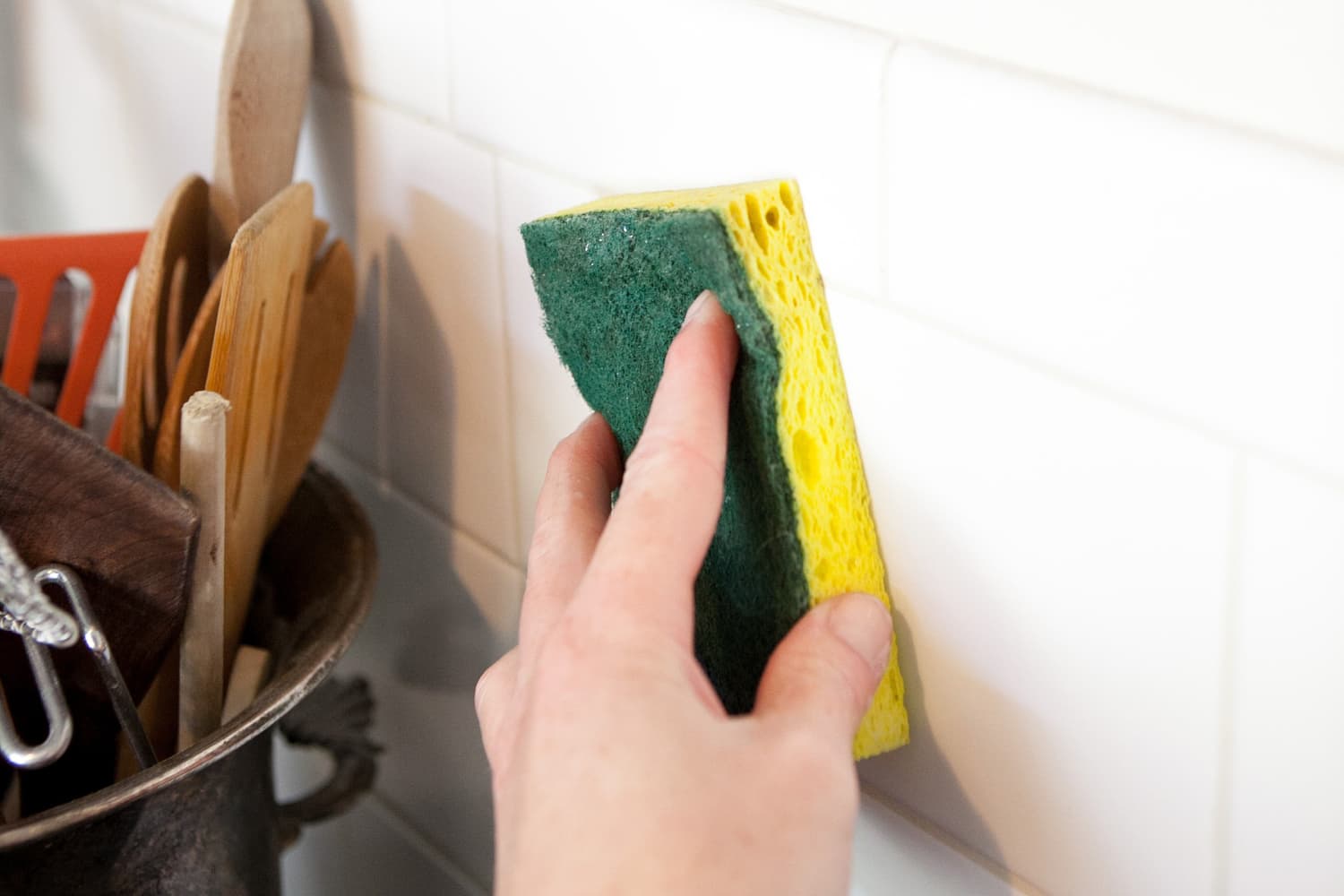
The Importance of a Clean Kitchen
 A clean and well-maintained kitchen not only looks aesthetically pleasing but also plays a crucial role in maintaining the overall hygiene of your house. With constant cooking and food preparation, kitchen walls tend to get greasy and dirty, which can be a breeding ground for bacteria and germs. Therefore, it is essential to regularly clean and maintain your kitchen walls to keep yourself and your family healthy.
A clean and well-maintained kitchen not only looks aesthetically pleasing but also plays a crucial role in maintaining the overall hygiene of your house. With constant cooking and food preparation, kitchen walls tend to get greasy and dirty, which can be a breeding ground for bacteria and germs. Therefore, it is essential to regularly clean and maintain your kitchen walls to keep yourself and your family healthy.
Why Kitchen Walls Get Greasy?
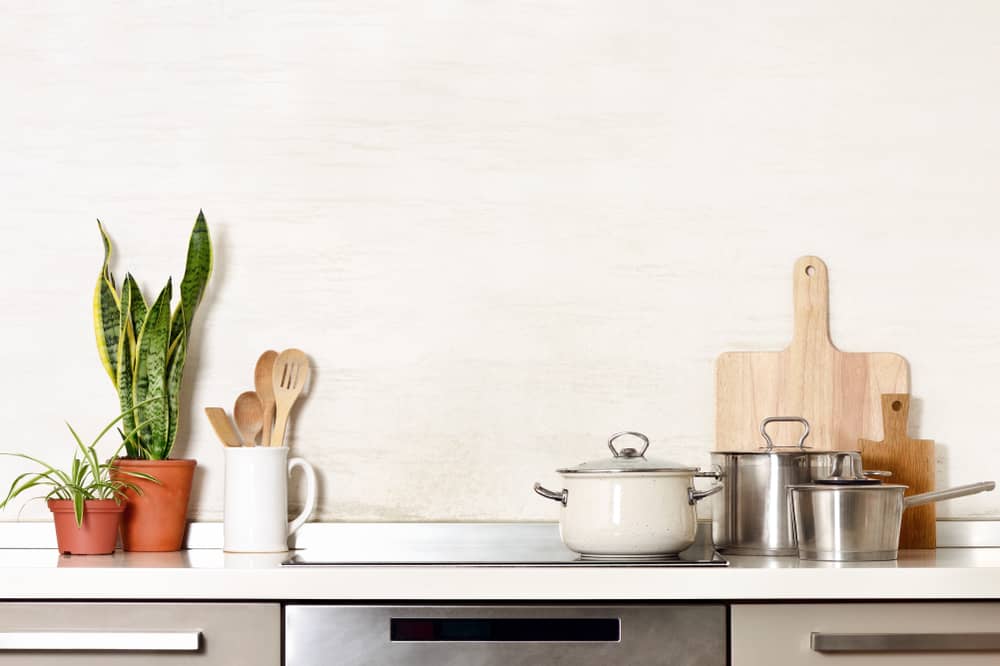 Kitchen walls get greasy due to various reasons, such as cooking oils, splattering of food, and steam from cooking. Over time, these greasy residues accumulate on the walls and can be challenging to clean. Ignoring them can lead to stubborn stains and a foul smell, making your kitchen uninviting and unhygienic.
Kitchen walls get greasy due to various reasons, such as cooking oils, splattering of food, and steam from cooking. Over time, these greasy residues accumulate on the walls and can be challenging to clean. Ignoring them can lead to stubborn stains and a foul smell, making your kitchen uninviting and unhygienic.
Tips for Cleaning Greasy Kitchen Walls
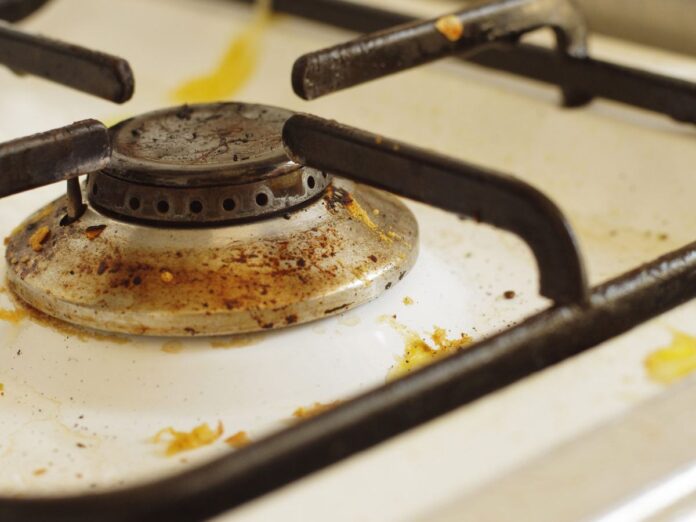 Here are some effective tips and tricks for cleaning greasy kitchen walls and maintaining a clean and healthy kitchen:
- Use a Degreaser:
A degreaser is a powerful cleaning agent specifically designed to cut through grease and grime. Spray the degreaser on the greasy spots on your kitchen walls and let it sit for a few minutes before wiping it off with a damp sponge or cloth.
- Make Your Own Cleaning Solution:
If you prefer using natural ingredients, you can make your own cleaning solution by mixing equal parts of vinegar and water. Vinegar is a natural degreaser and will effectively remove any greasy residues from your kitchen walls.
- Use Baking Soda:
Baking soda is another natural cleaner that can effectively cut through grease. Mix baking soda with water to form a paste and apply it to the greasy areas. Let it sit for a few minutes before scrubbing it off with a sponge or cloth.
- Don't Forget the Grout:
The grout between tiles is a common spot for grease buildup. Use a toothbrush or a grout brush to scrub the grout with a mixture of baking soda and water.
- Regular Maintenance:
To prevent greasy buildup on your kitchen walls, make sure to wipe them down after every cooking session. This will prevent the grease from accumulating and becoming difficult to clean.
Here are some effective tips and tricks for cleaning greasy kitchen walls and maintaining a clean and healthy kitchen:
- Use a Degreaser:
A degreaser is a powerful cleaning agent specifically designed to cut through grease and grime. Spray the degreaser on the greasy spots on your kitchen walls and let it sit for a few minutes before wiping it off with a damp sponge or cloth.
- Make Your Own Cleaning Solution:
If you prefer using natural ingredients, you can make your own cleaning solution by mixing equal parts of vinegar and water. Vinegar is a natural degreaser and will effectively remove any greasy residues from your kitchen walls.
- Use Baking Soda:
Baking soda is another natural cleaner that can effectively cut through grease. Mix baking soda with water to form a paste and apply it to the greasy areas. Let it sit for a few minutes before scrubbing it off with a sponge or cloth.
- Don't Forget the Grout:
The grout between tiles is a common spot for grease buildup. Use a toothbrush or a grout brush to scrub the grout with a mixture of baking soda and water.
- Regular Maintenance:
To prevent greasy buildup on your kitchen walls, make sure to wipe them down after every cooking session. This will prevent the grease from accumulating and becoming difficult to clean.
In Conclusion
 Cleaning greasy kitchen walls may seem like a daunting task, but with the right techniques and cleaning products, it can be easily managed. Regular maintenance and using the right cleaning solutions will not only keep your kitchen walls looking spotless but also ensure a healthy and hygienic living environment for you and your family. So, don't neglect your kitchen walls and make sure to give them the attention they deserve.
Cleaning greasy kitchen walls may seem like a daunting task, but with the right techniques and cleaning products, it can be easily managed. Regular maintenance and using the right cleaning solutions will not only keep your kitchen walls looking spotless but also ensure a healthy and hygienic living environment for you and your family. So, don't neglect your kitchen walls and make sure to give them the attention they deserve.


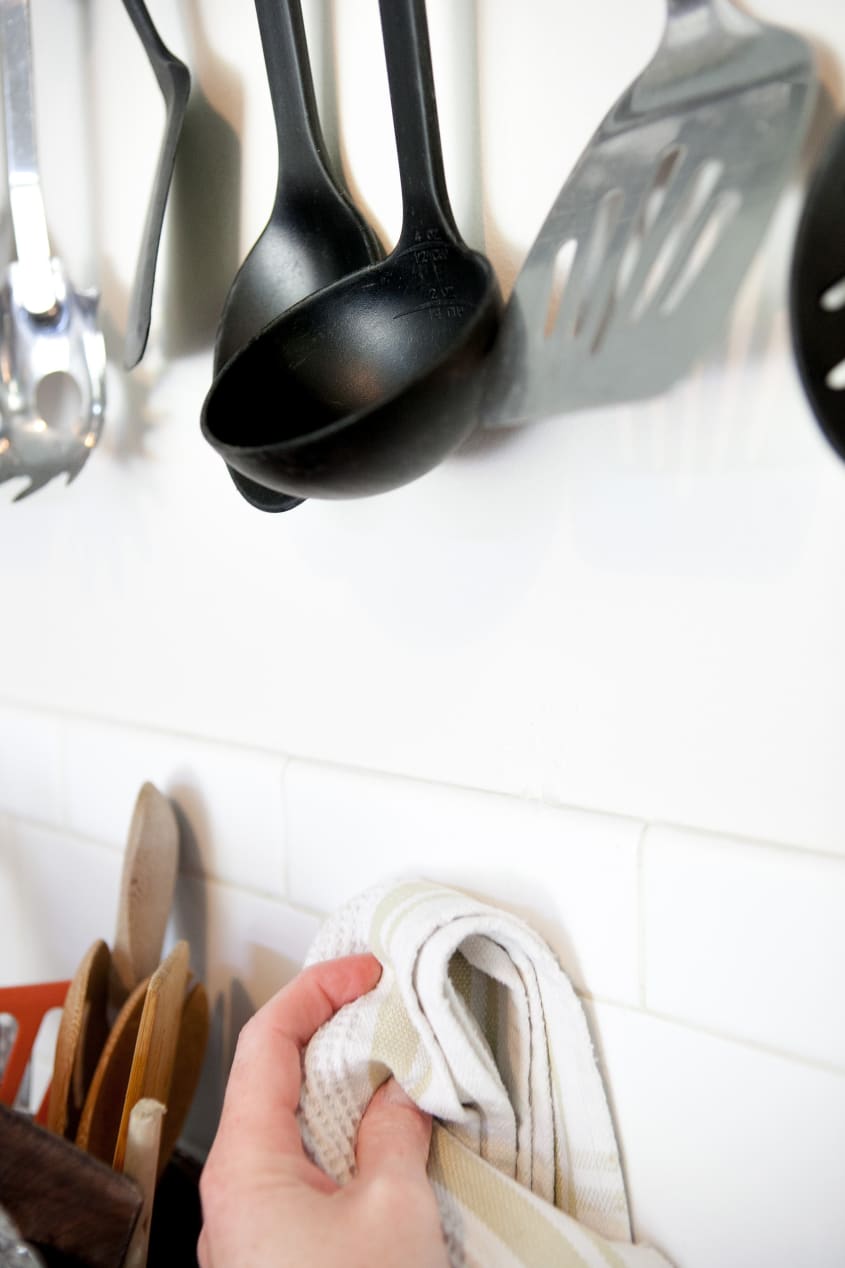






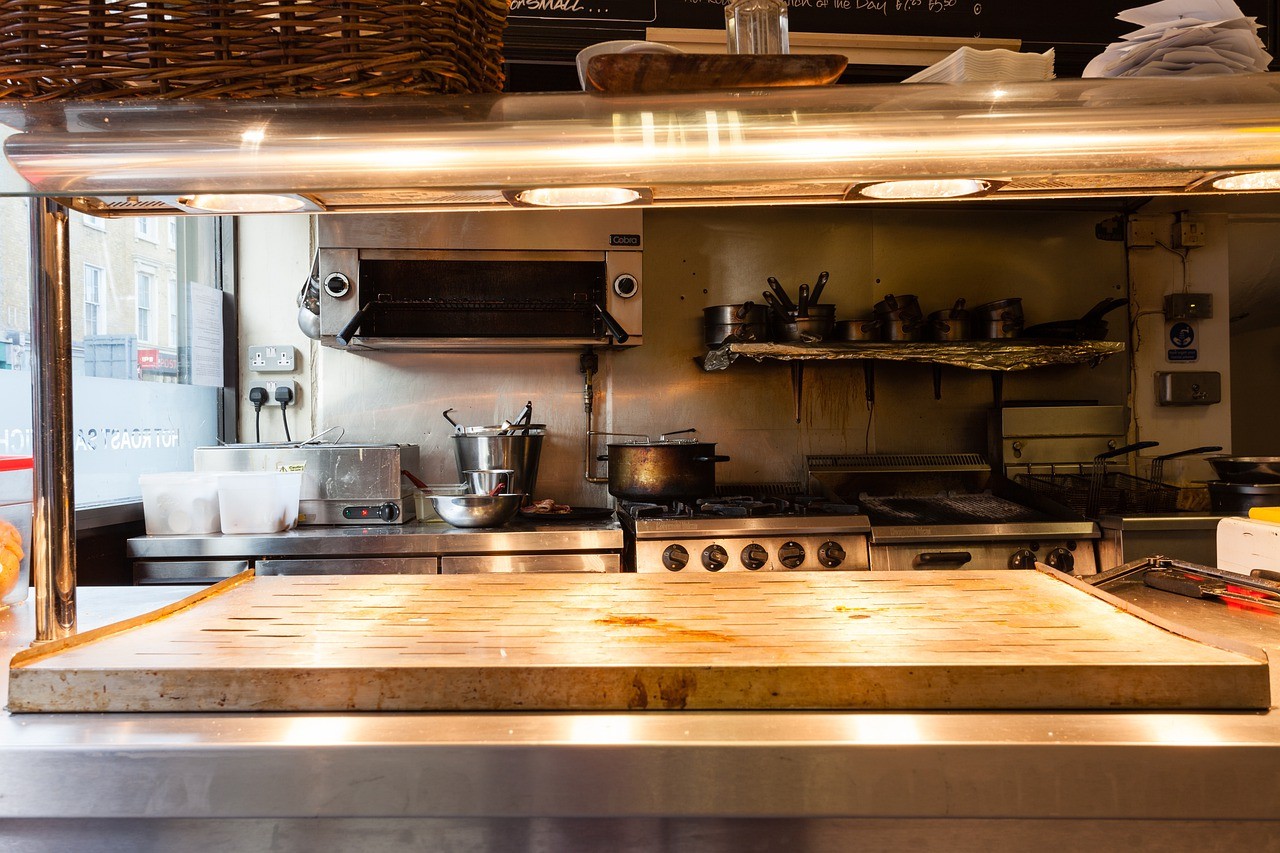
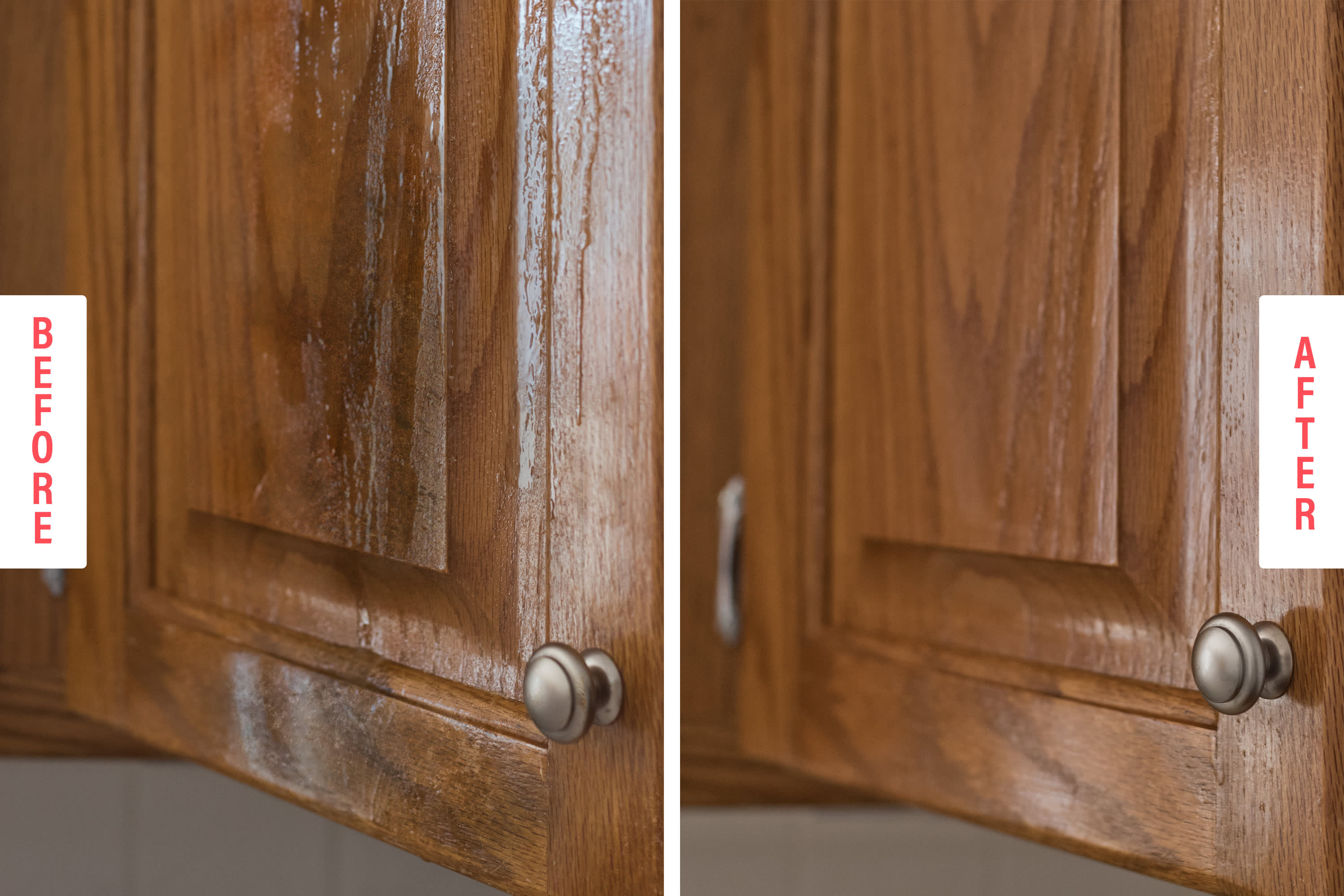



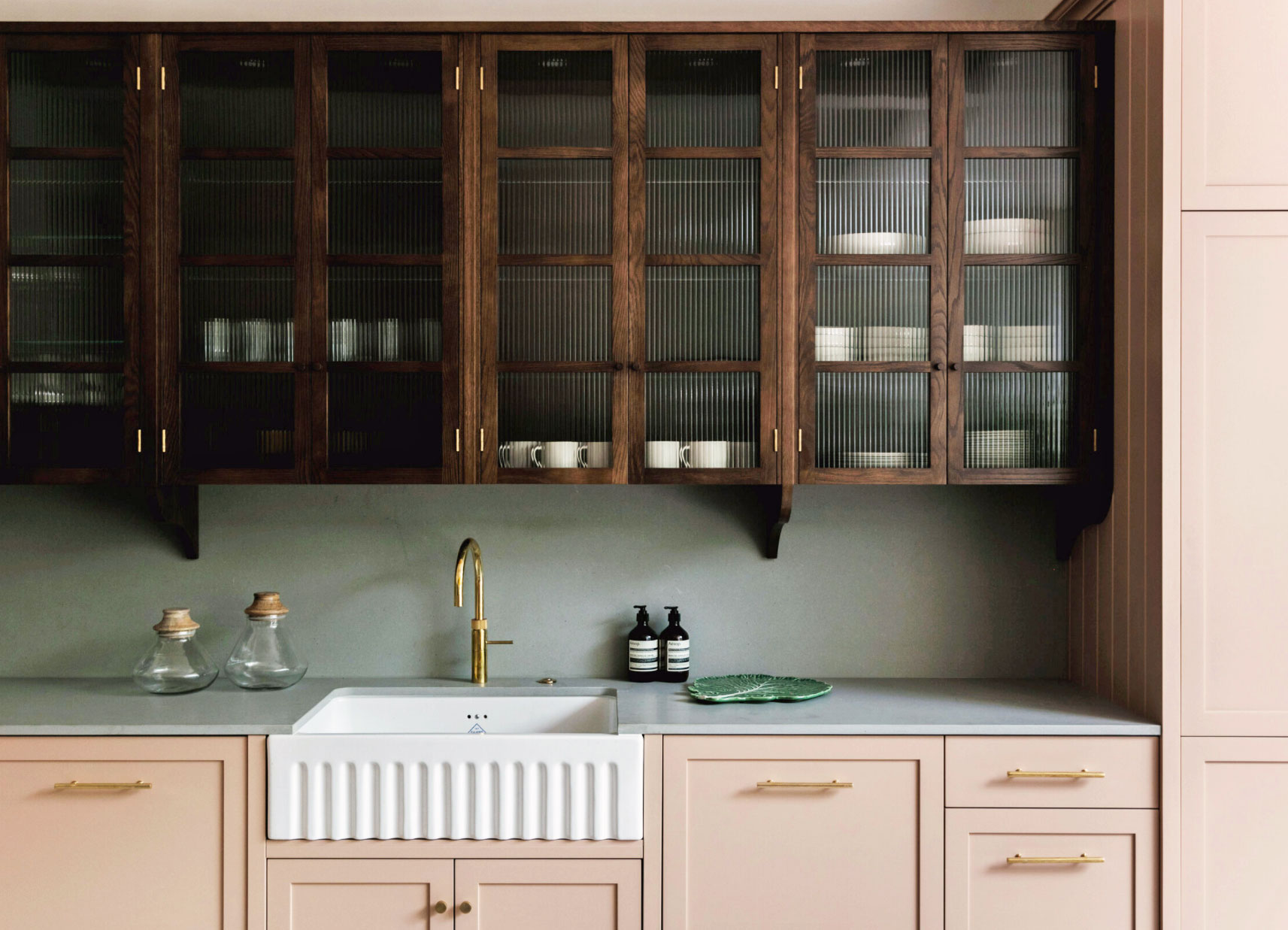
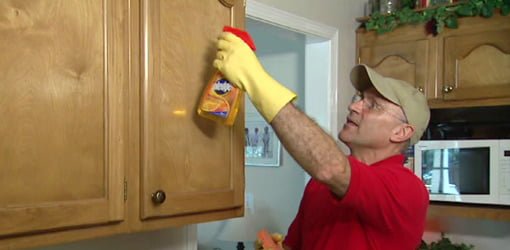
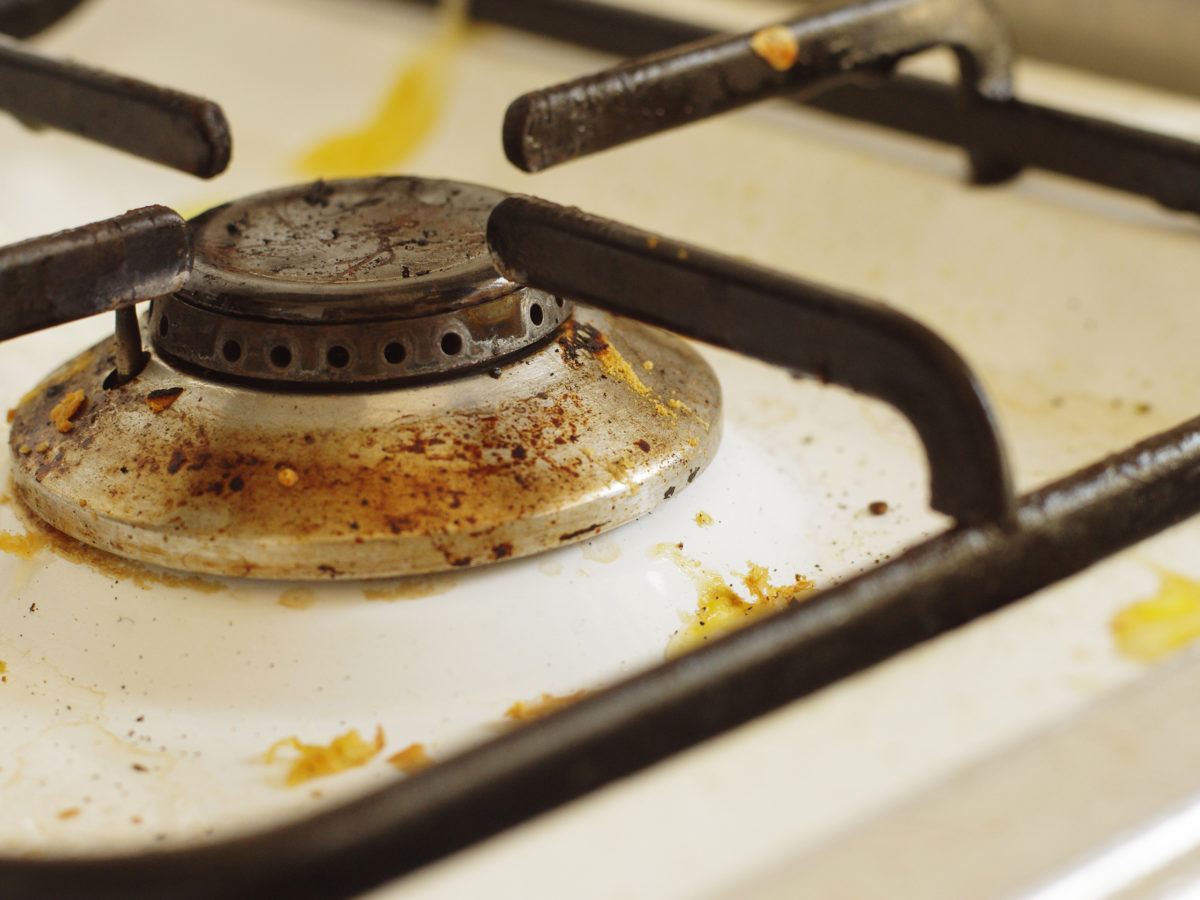


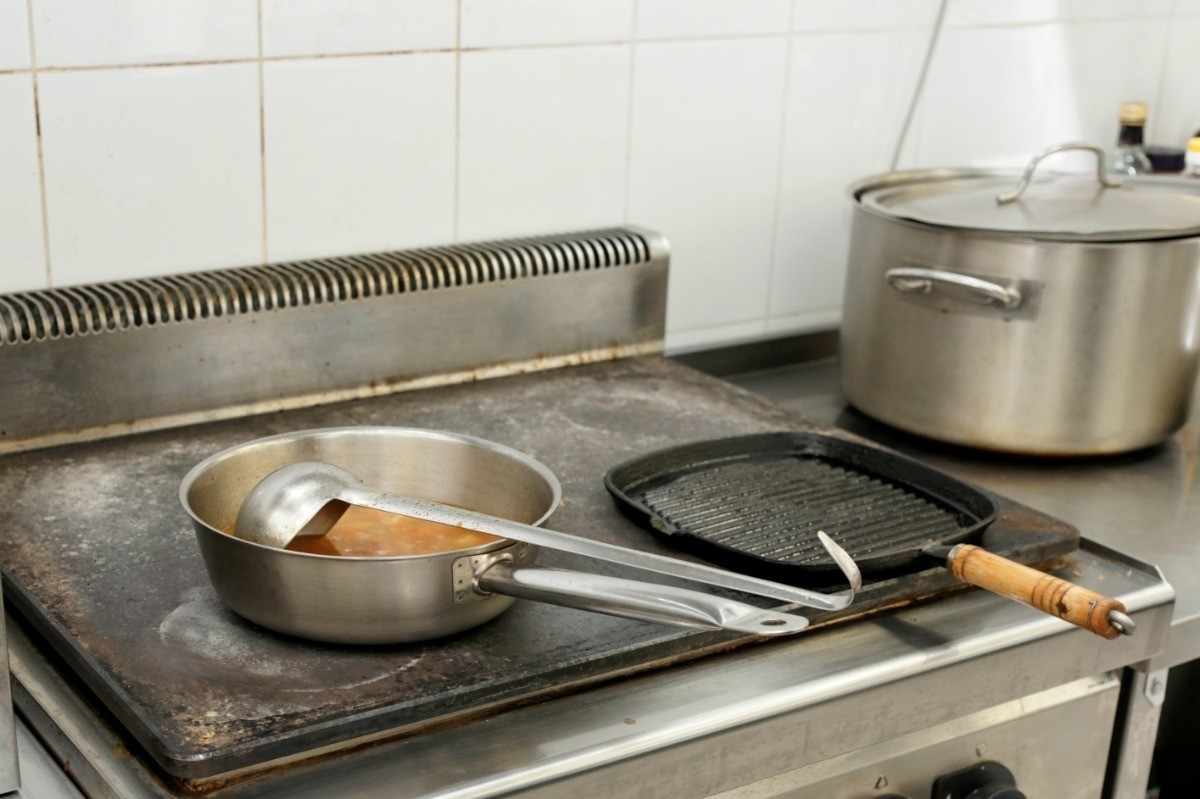






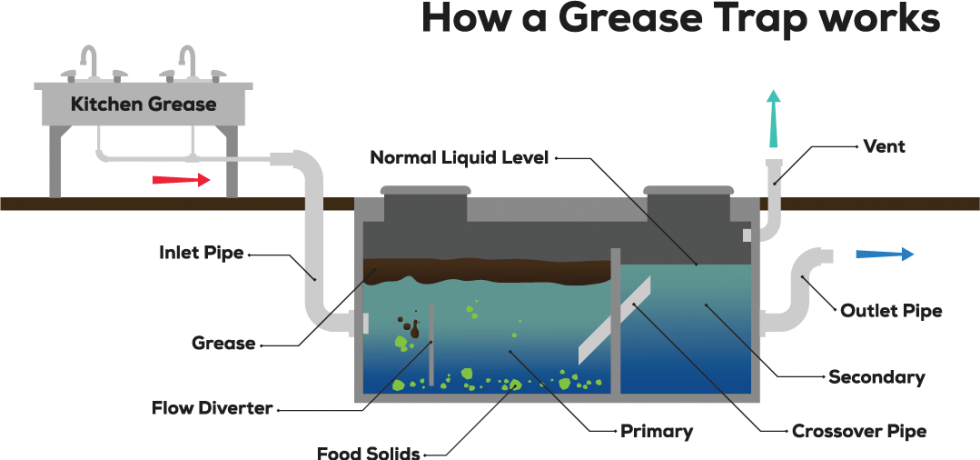


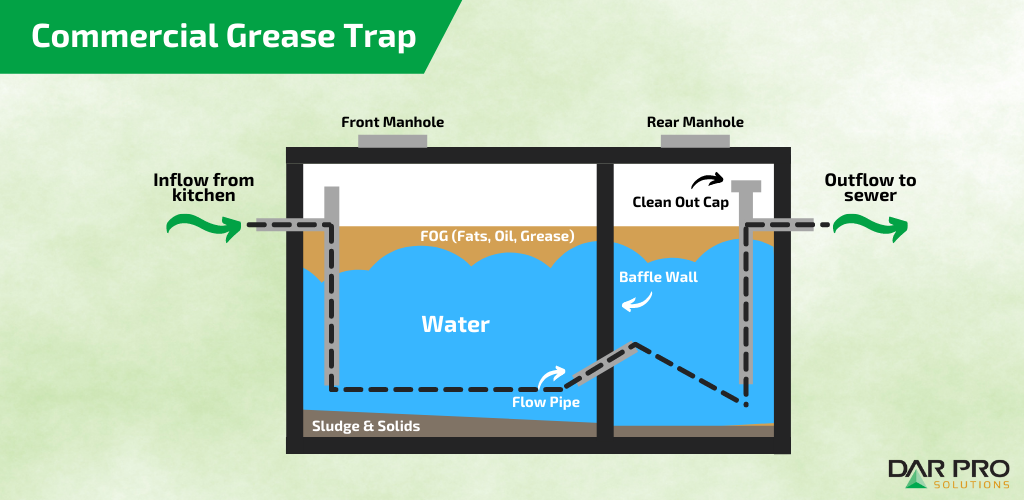
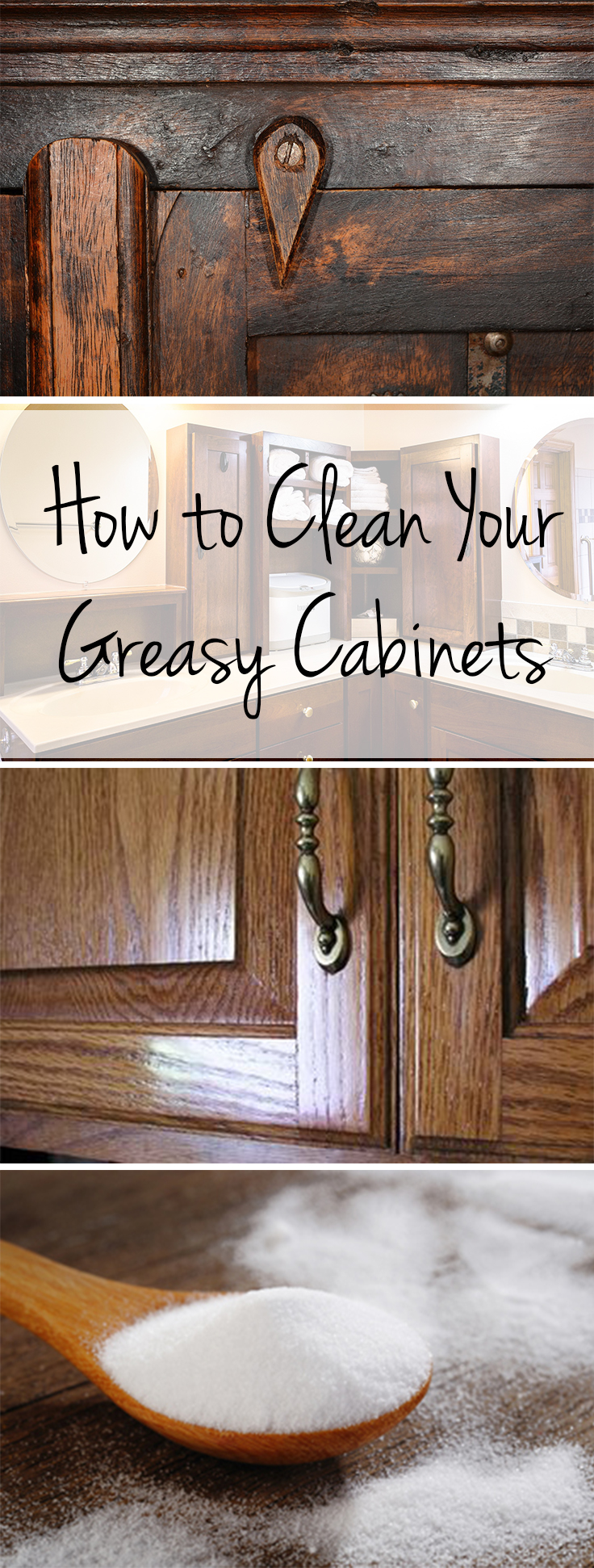

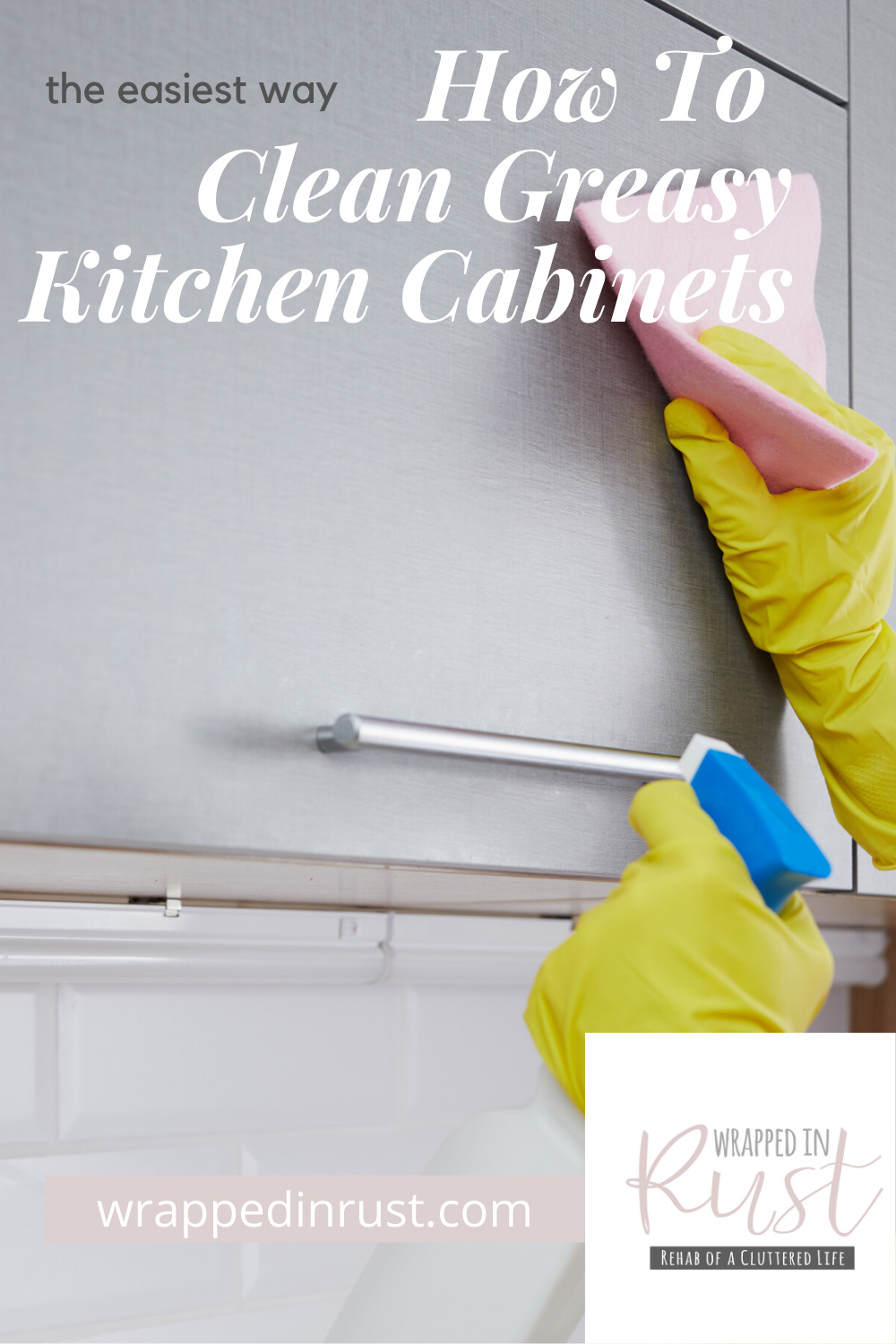
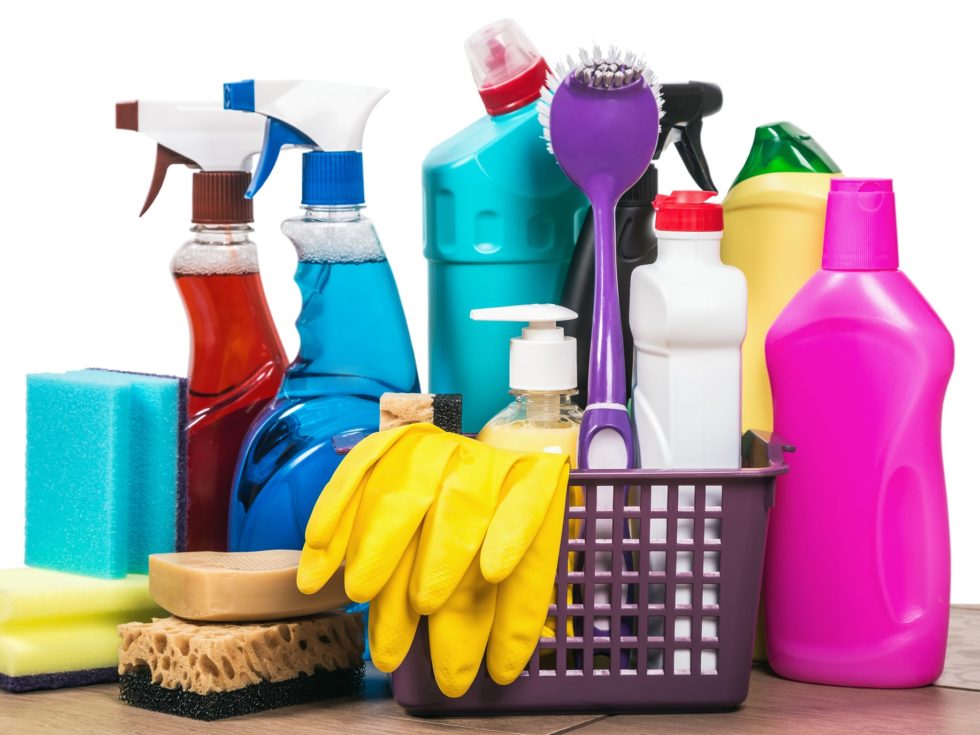

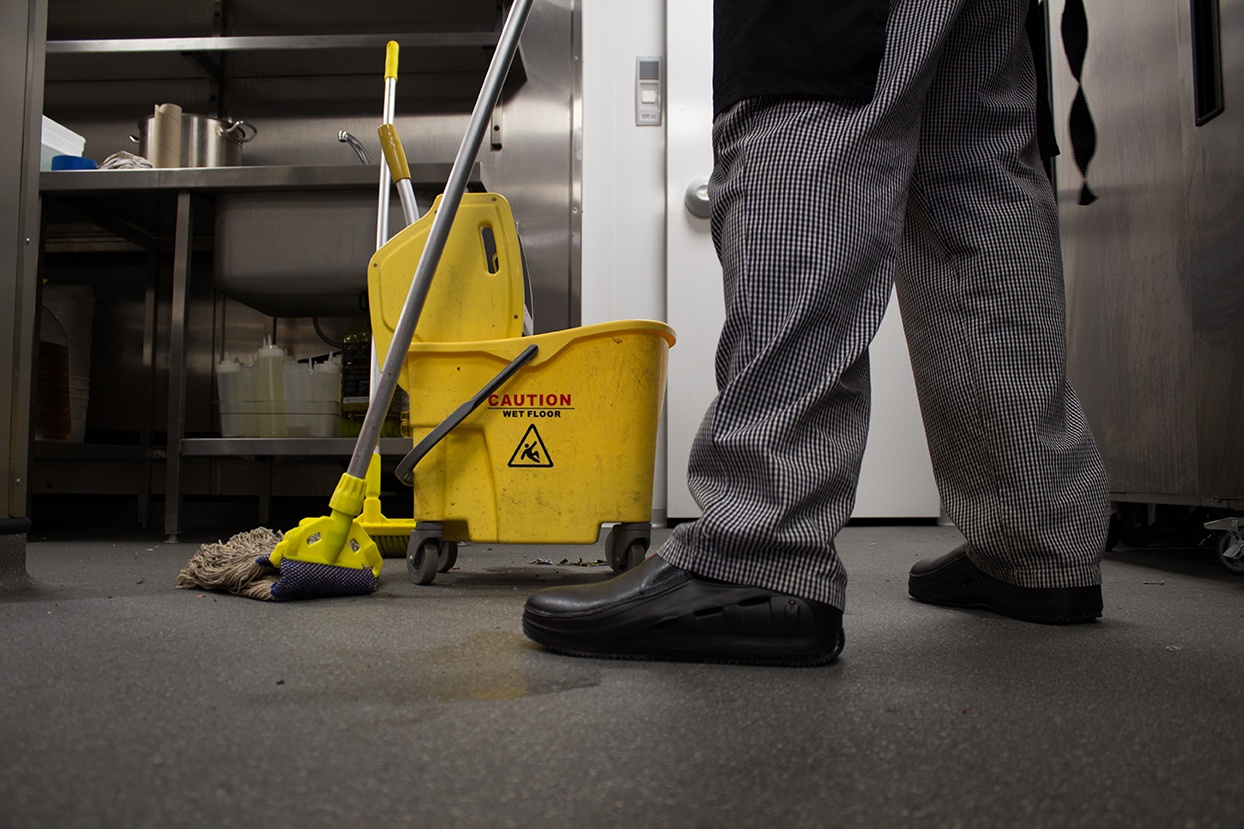
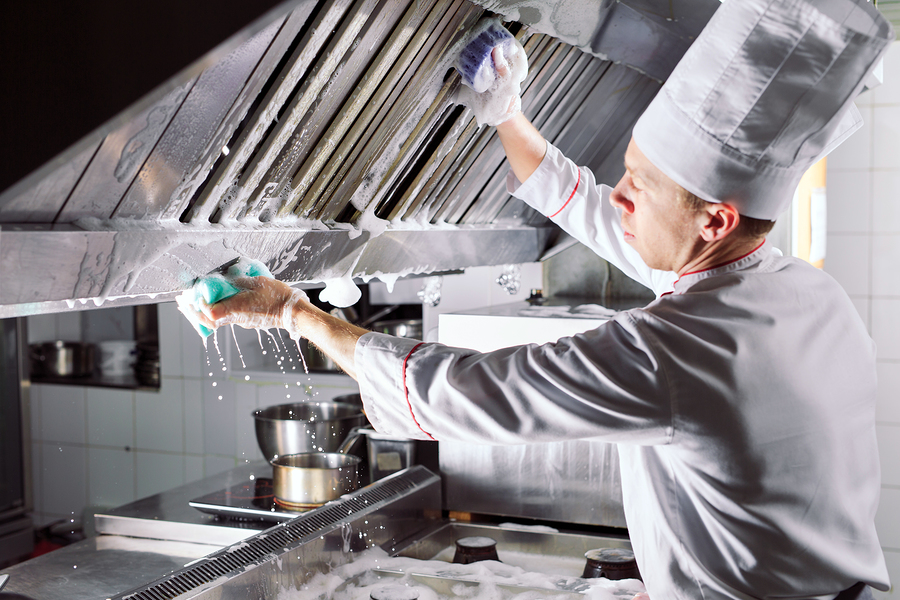




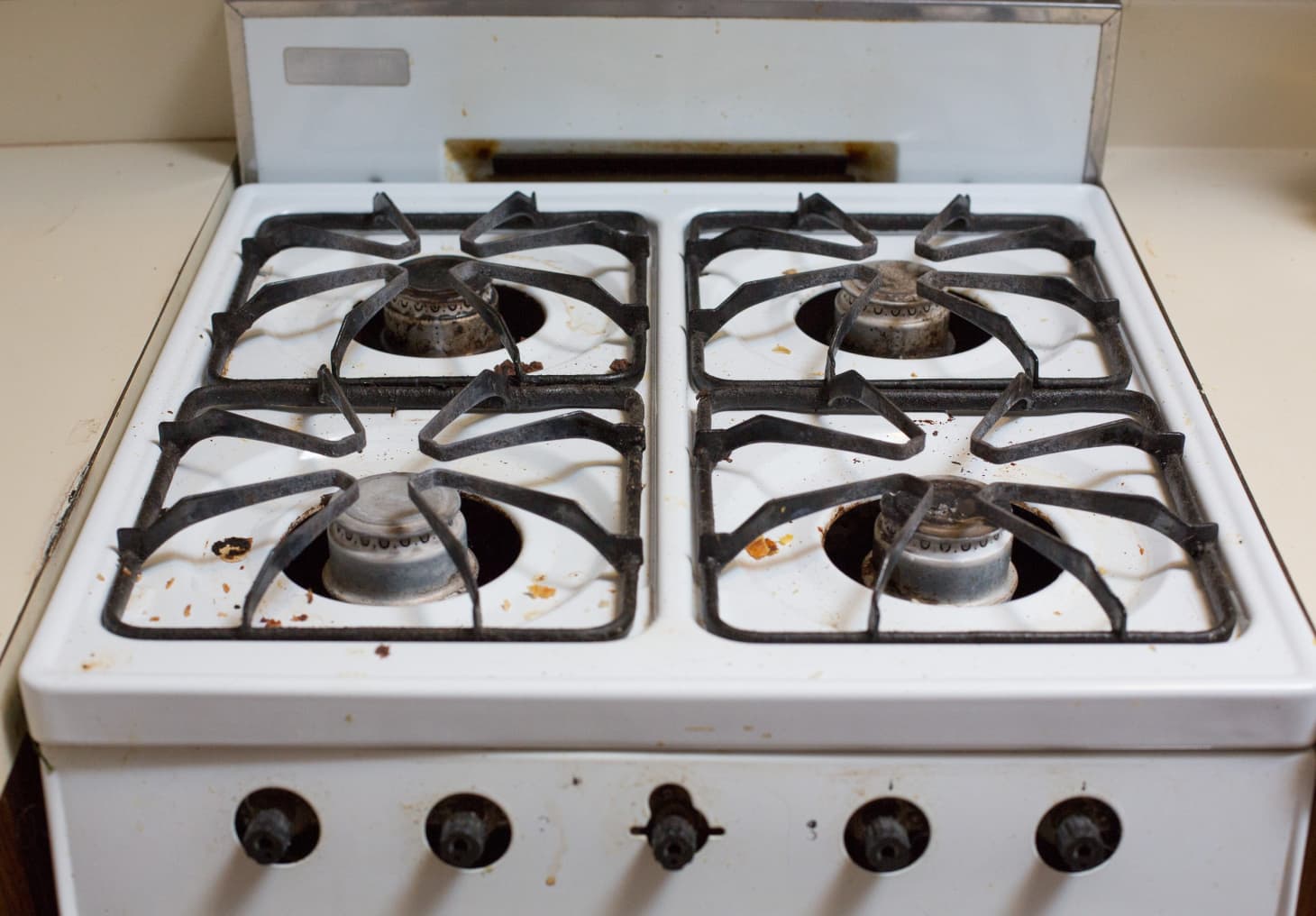
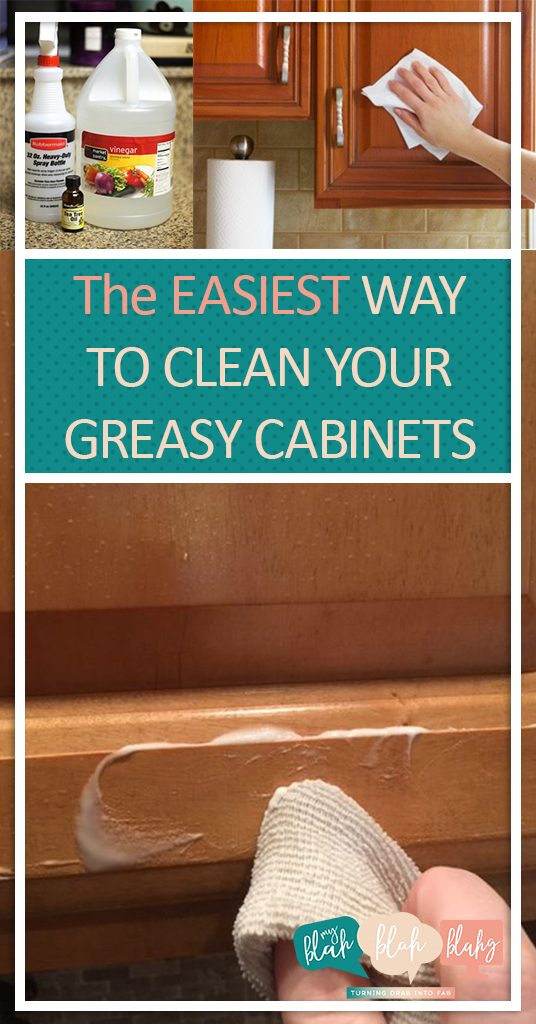


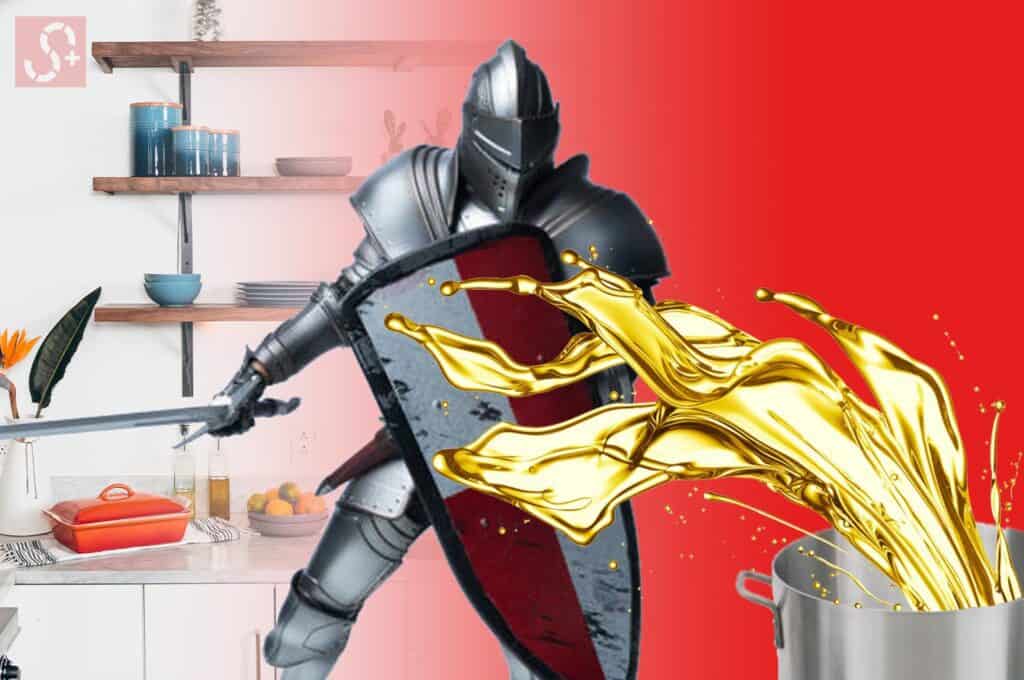




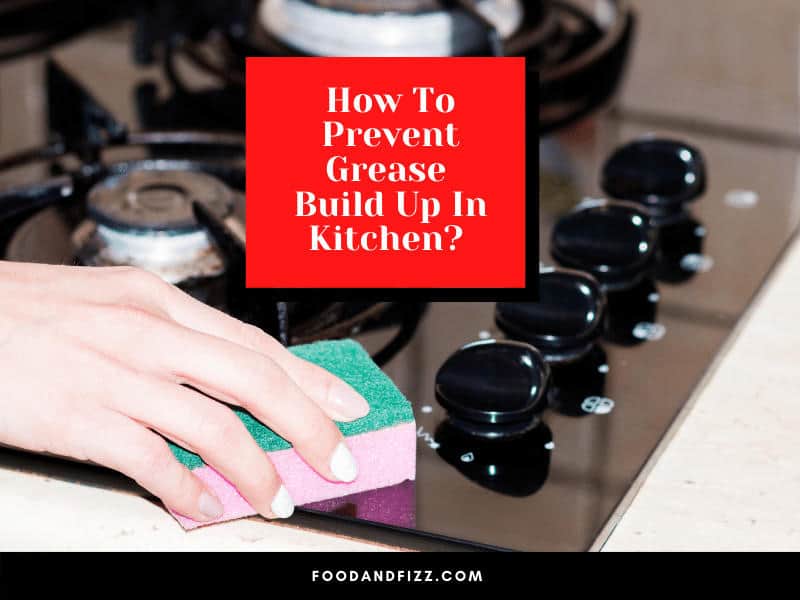













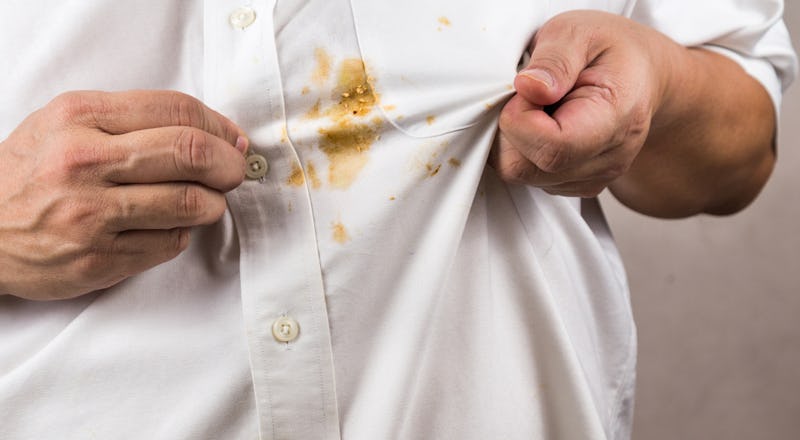
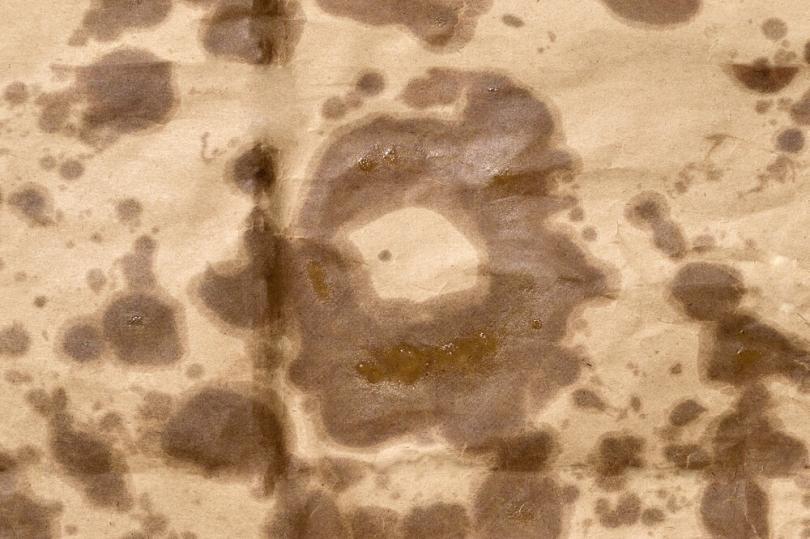
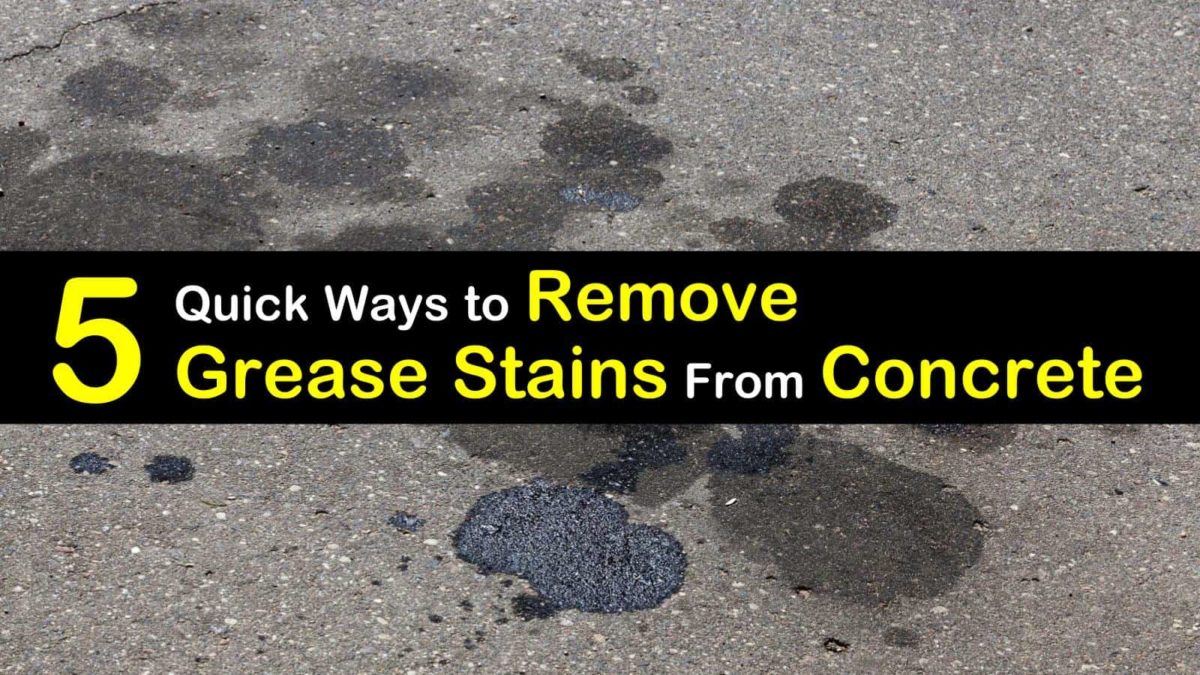

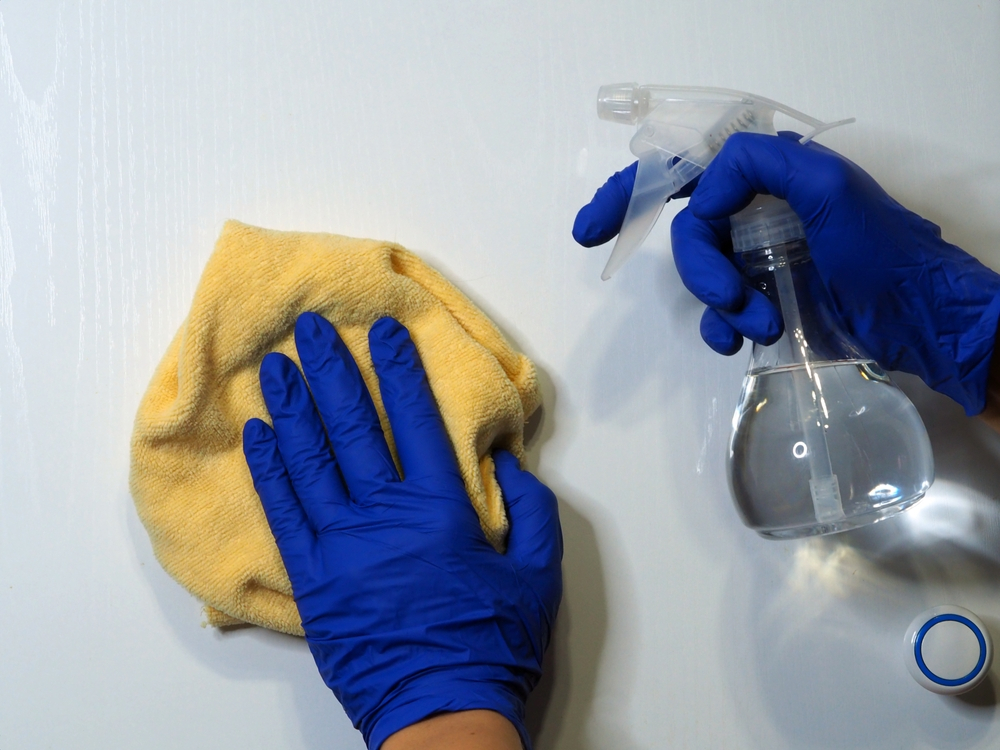

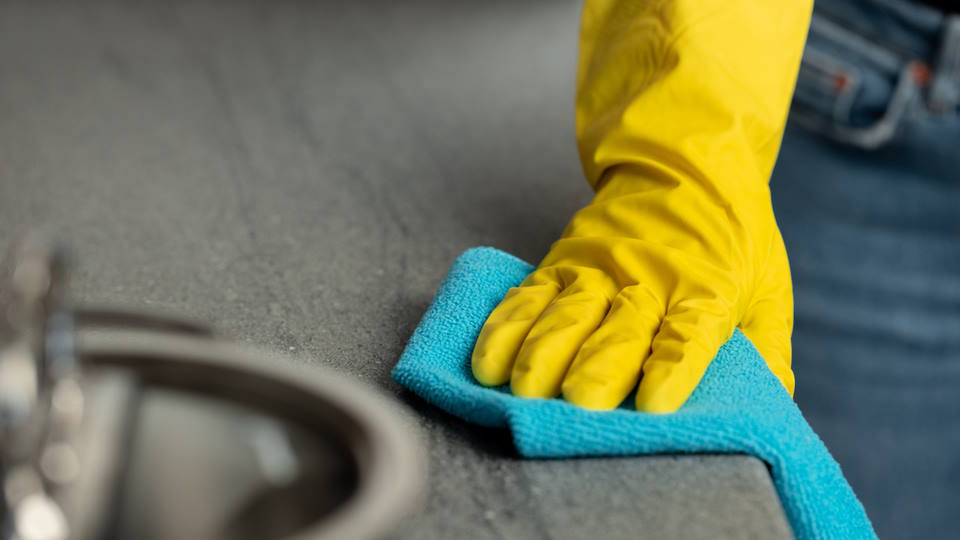

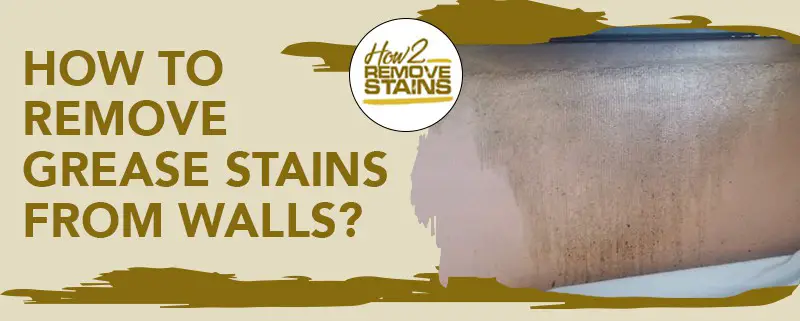





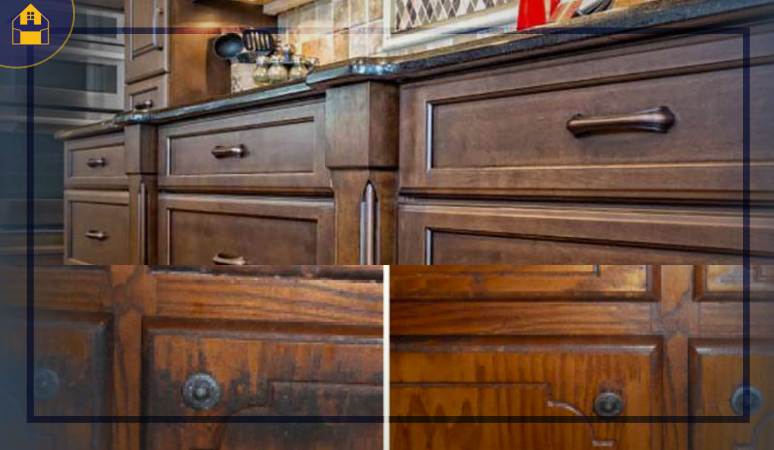
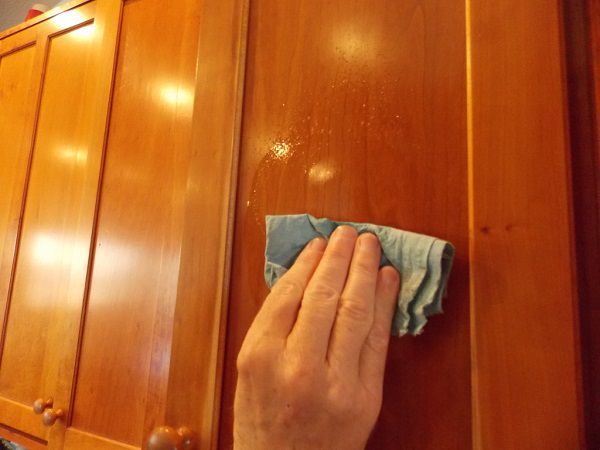


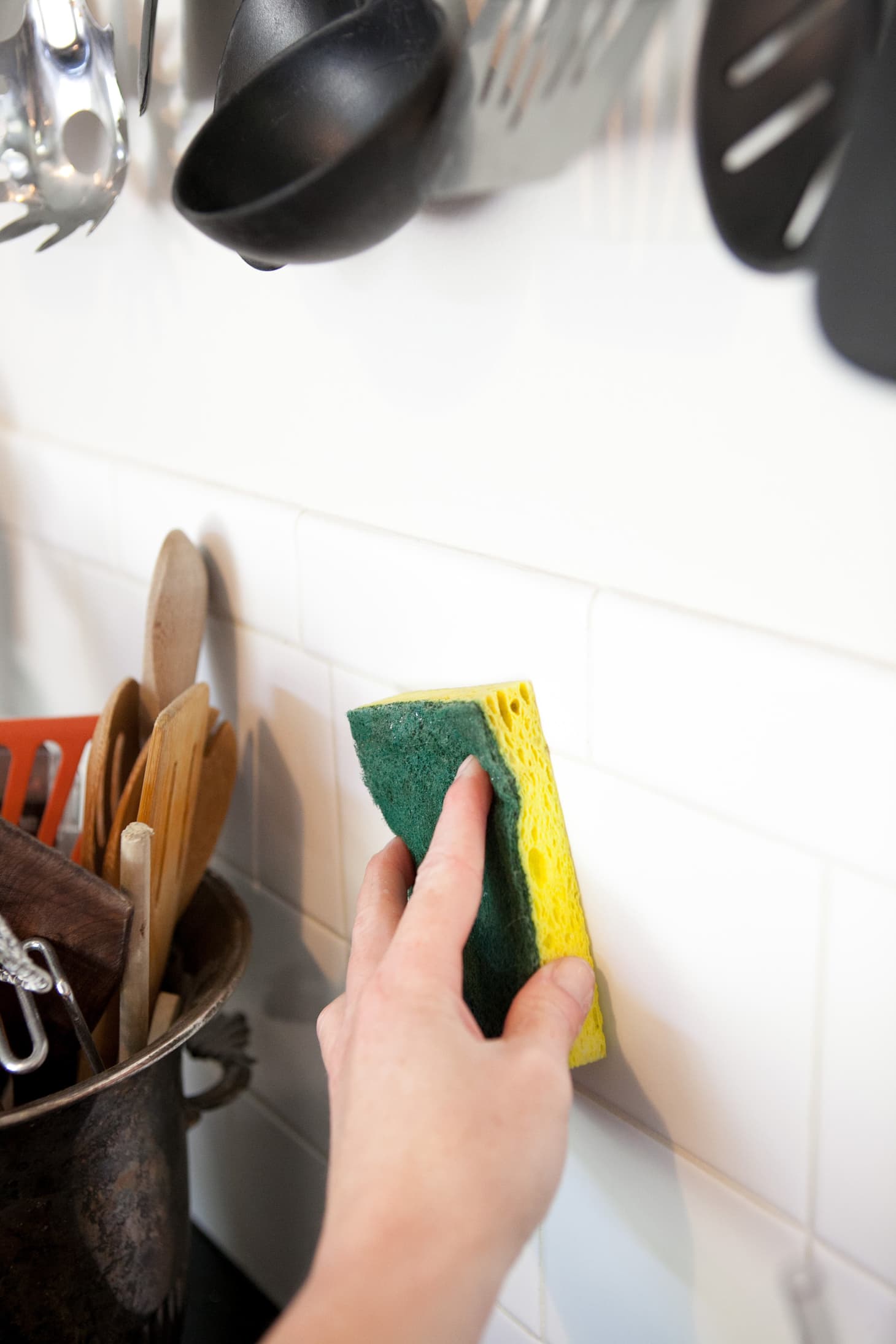


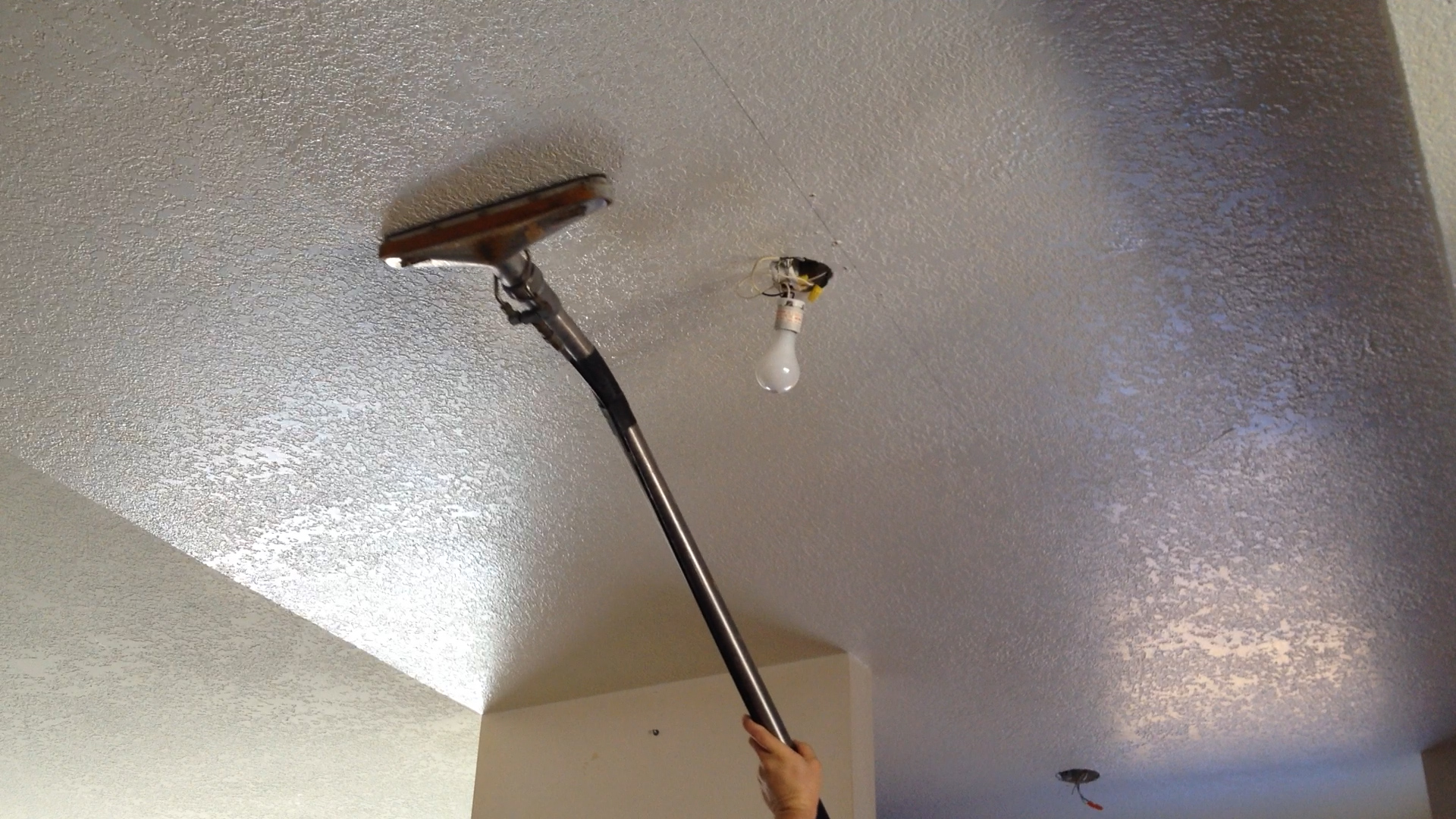


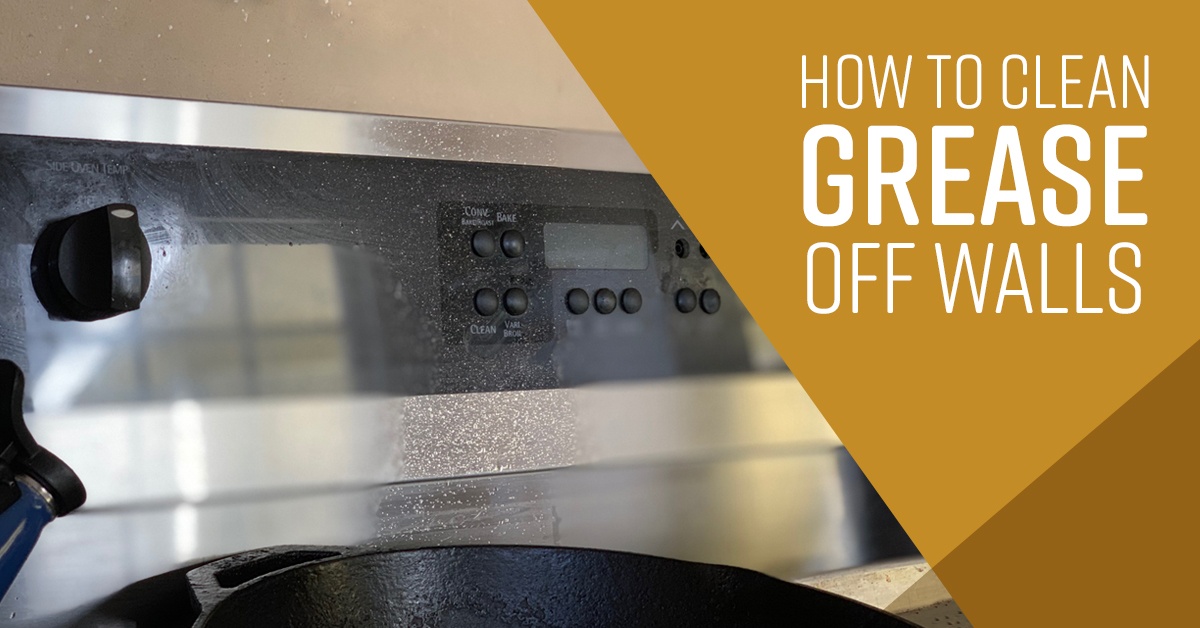

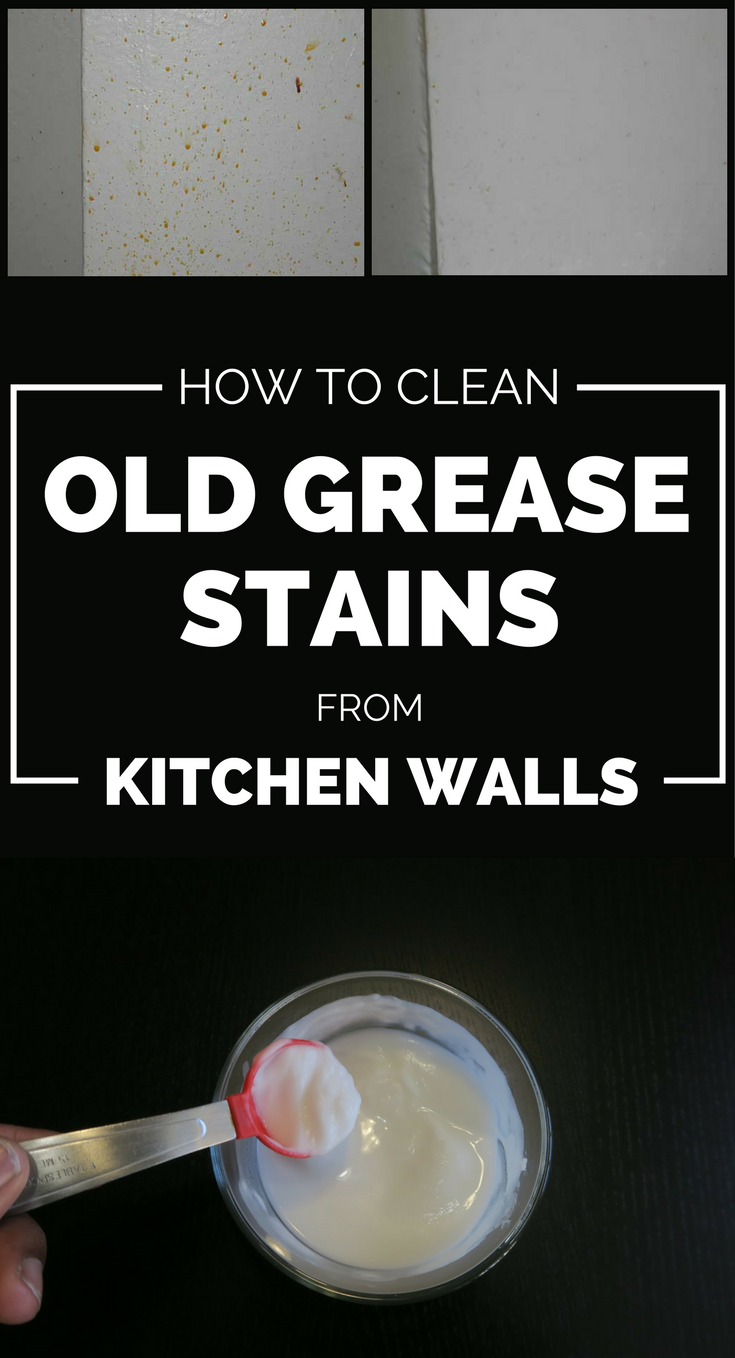



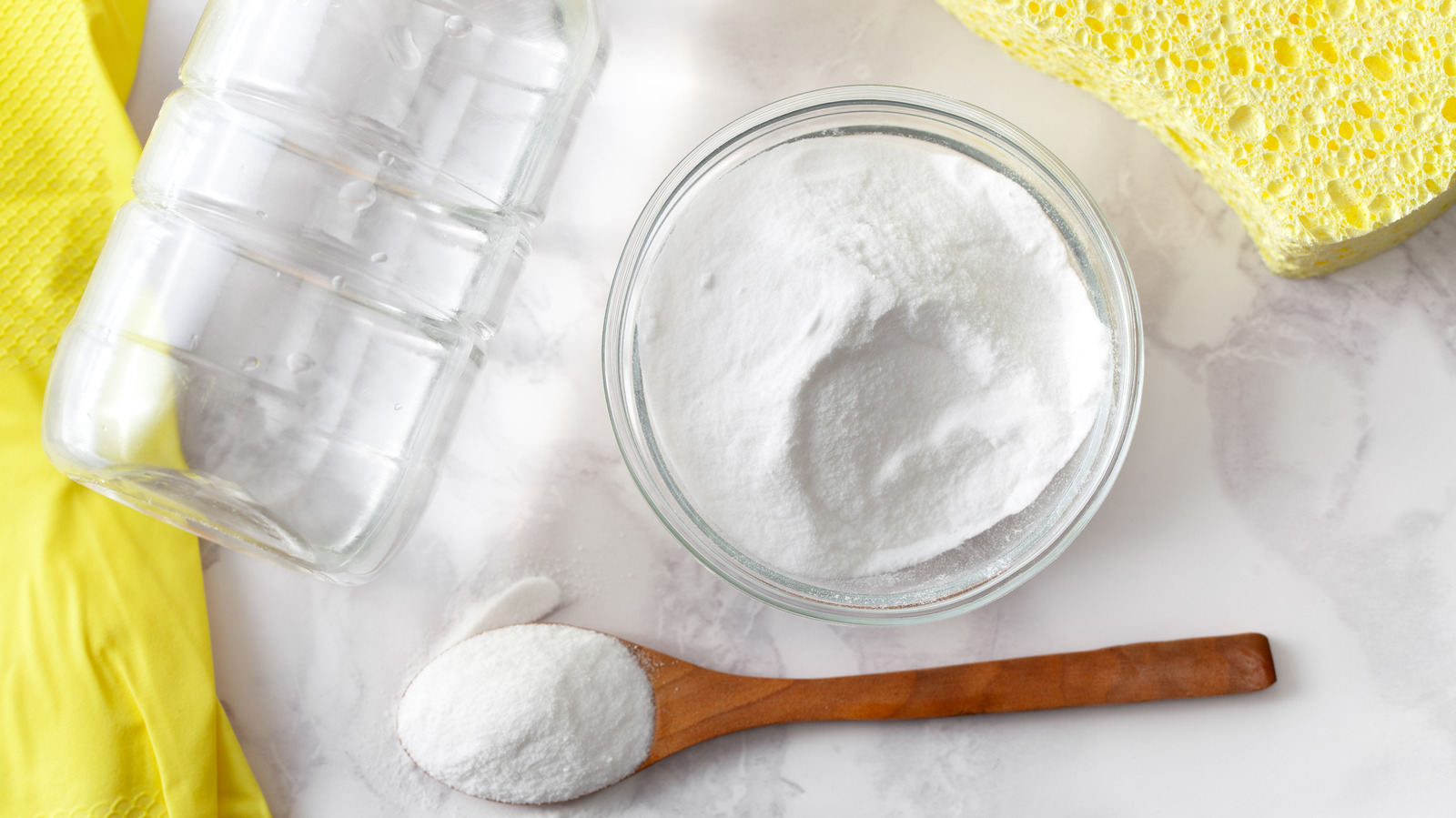
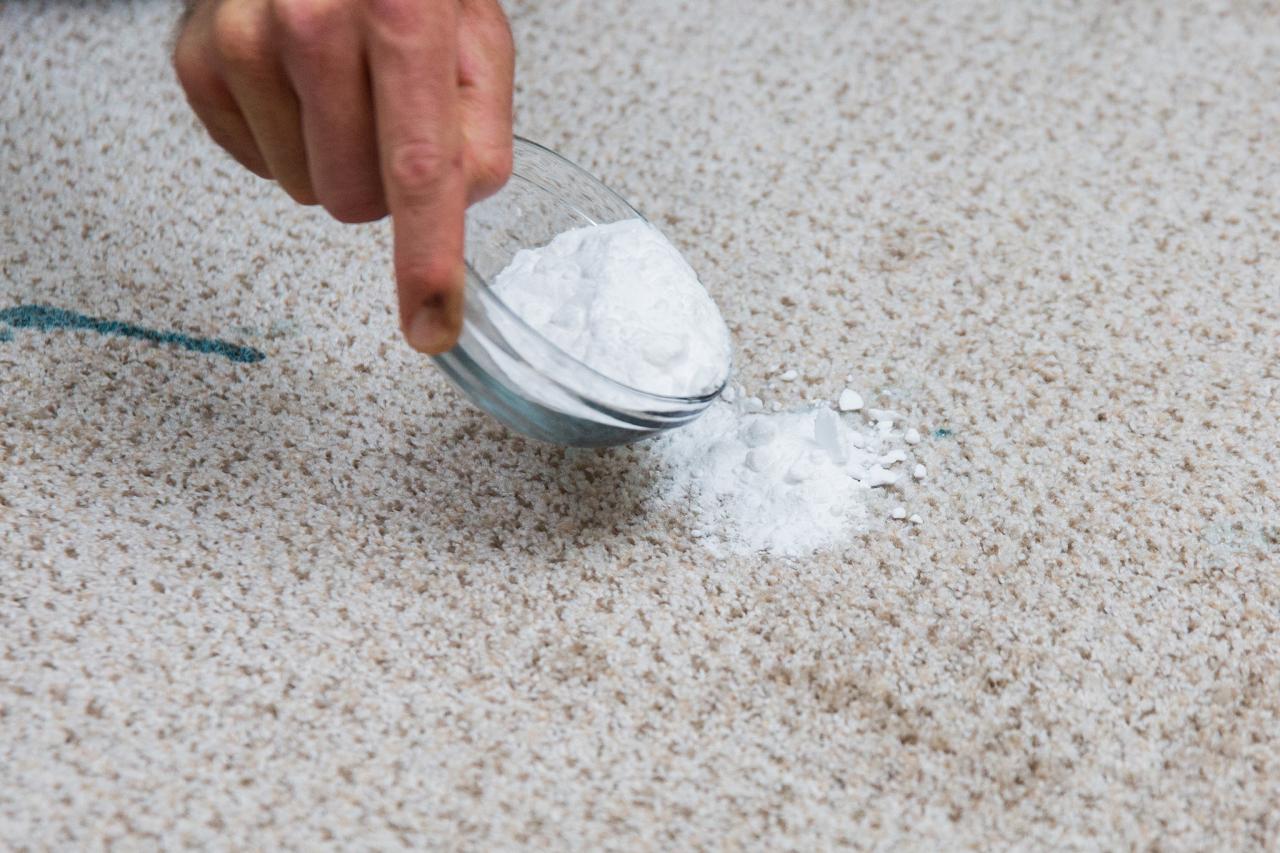
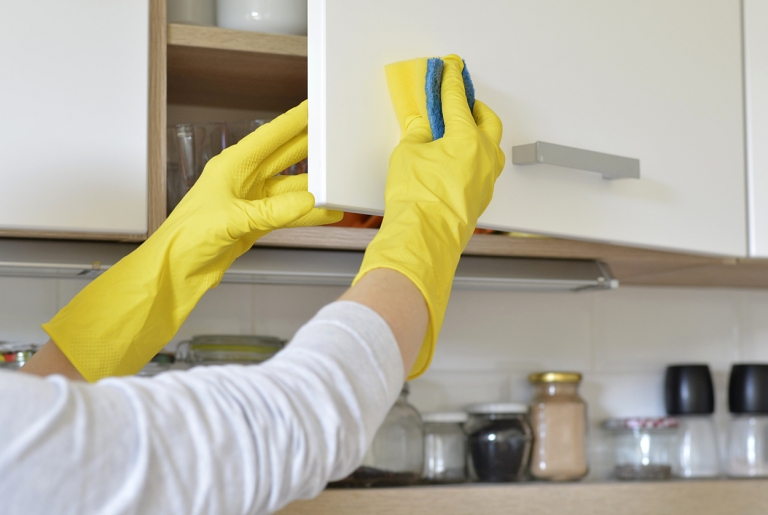
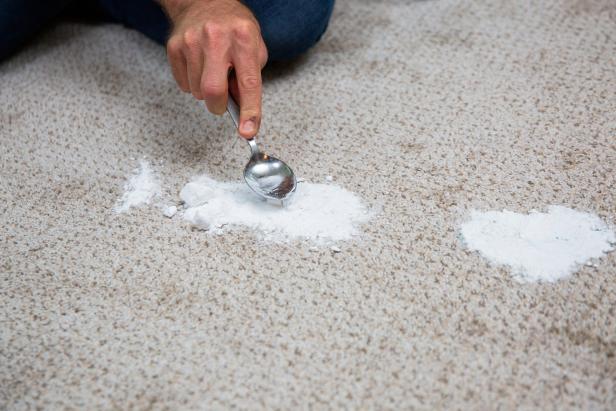
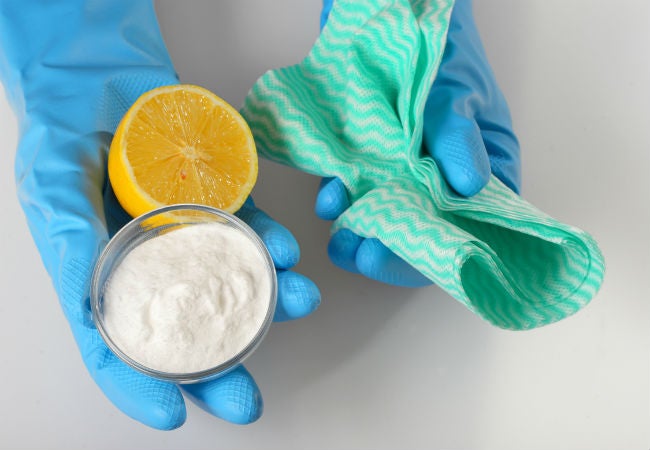


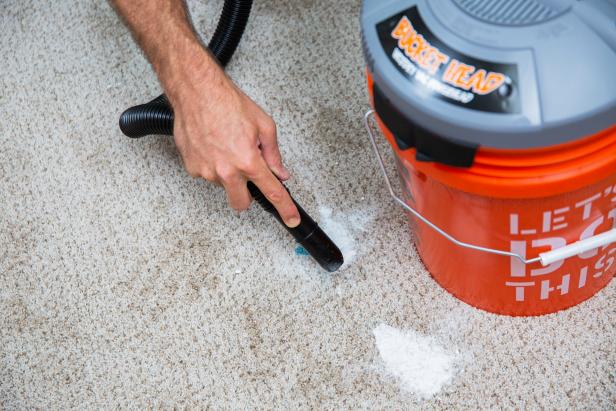


:max_bytes(150000):strip_icc()/_hero_4109254-feathertop-5c7d415346e0fb0001a5f085.jpg)



